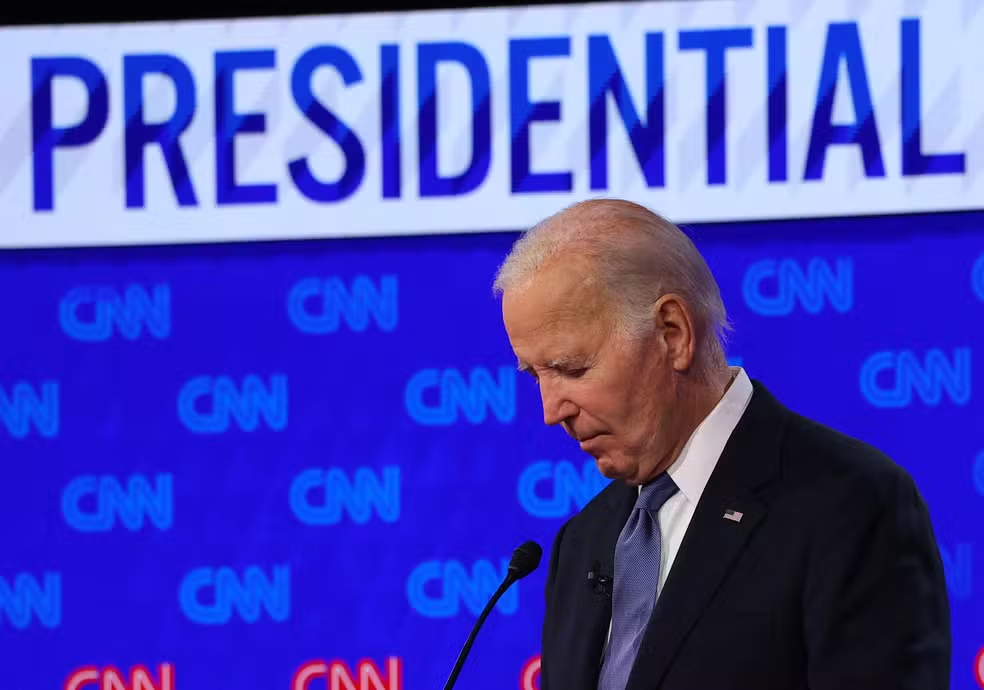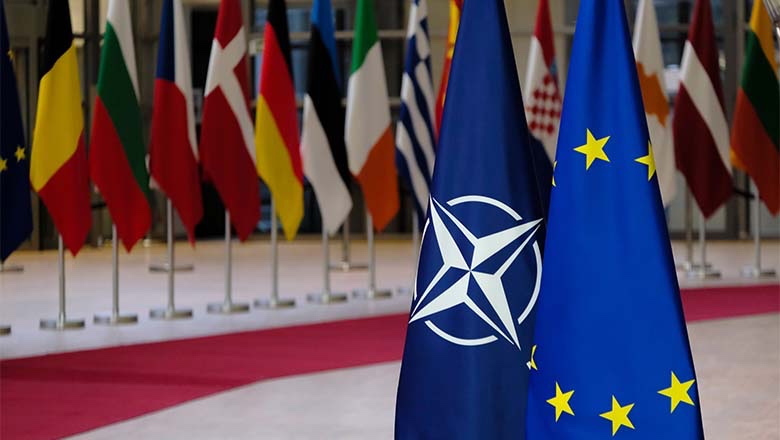Joe Biden’s performance in the CNN presidential debate against Donald Trump has sparked worries among US allies – particularly in NATO and Europe.
These concerns, to put it simply, aren’t about Biden’s competence to make decisions. Allies are not fretting about the potential for dangerous policies or dramatic international actions being taken – a common consideration given his charge over the world’s most powerful military, nuclear arsenal, and largest economy.
The general consensus among US allies is that Biden is a sensible man who surrounds himself with rational people and will continue to make reasonable decisions no matter what.
The worry isn’t even that Biden’s at times staggering and incomprehensible performance might secure a second term for Trump. The looming possibility of Trump’s return is a concern but one that allies have already factored into their thinking.
Europe, in particular, has never quite gotten over Trump 1.0 and has maintained the perspective since 2020: if it happened once, it could happen again. This has been at the core of European strategic thinking since Trump took office in 2016 and has persisted through Biden’s presidency.
US allies’ concerns revolve around the planet’s most powerful country being unable to provide what they crave most: stability.
Diplomats fear that removing a candidate so late in the election cycle could disrupt the entire process. This could allow adversaries such as China and Russia to attack the US democratic system, making it appear weak compared to their autocracies, where strongmen tightly control power.
While it may seem trivial, diplomacy at this level is often seen in zero-sum terms: anything bad or embarrassing for the West, especially for the mighty US, is good for its enemies.

These seemingly minor displays of supposed weakness create openings for adversaries to spread propaganda, sow divisions within the US and the Western world through disinformation.
These risks would already be serious enough to remove a candidate, but imagine if these murmurs happened after Biden secured a second term. The constant speculation about his ability to govern internally and externally may be politically unfounded, but it would certainly breed division, distrust, and panic throughout his second term.
What does this mean in practical terms?Would Biden be able to pass things like aid to Ukraine in the House? Would he have the political capital to take potentially unpopular steps in the Middle East or Indo-Pacific if those regions further destabilize? And would a question mark over the White House’s power encourage global adversaries of the US to act more aggressively in their own backyards? Effectively addressing all these challenges requires stability.
This brings us back to Thursday night (27th). The world saw an elderly man struggling to speak coherently or eloquently. Whether you are a supporter or an opponent, this performance raises legitimate questions about whether he is too old for the job he wishes to continue doing.
Stability means more than just political consistency. If the noise and doubts about Biden’s governing capacity persist, allies fear he may be unable – fairly or unfairly – to provide the desperately needed stability the West requires in an uncertain time.



